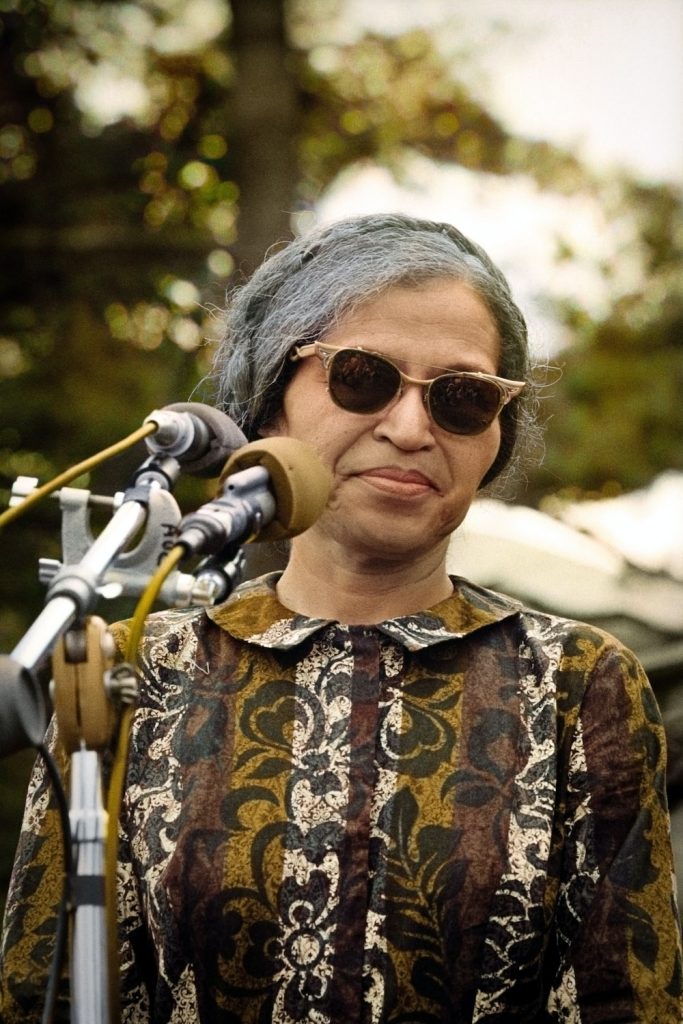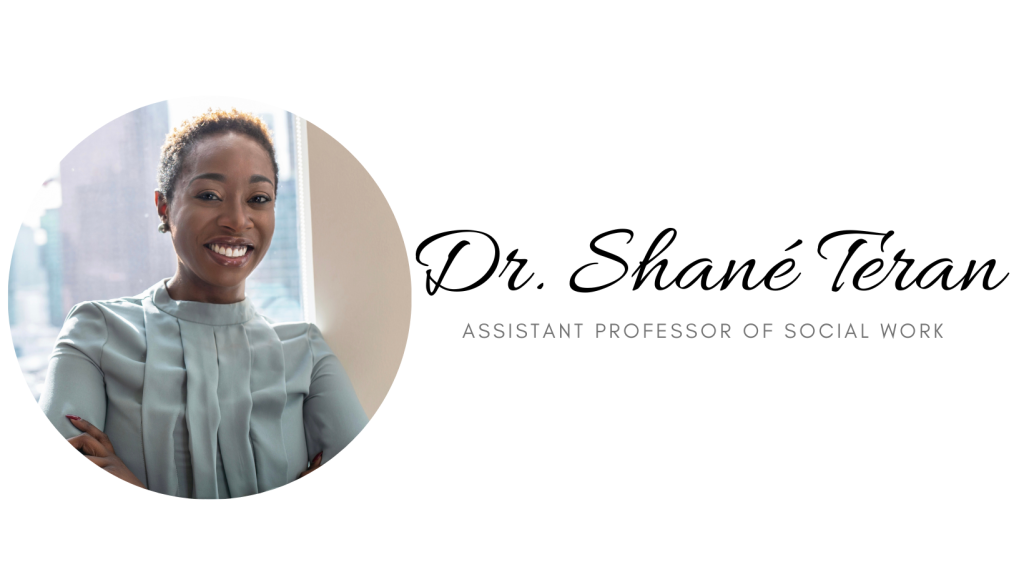I couldn’t help but become mentally flooded with ideas of how I might speak to the history of my fellow Black and African American people. Yet, as I took a moment to sort through my thoughts, I repeatedly heard whispers of hope and faith in my spirit. The History of my African ancestors runs deep within my DNA as epigenetics would prove. Knowing my bloodline carries royalty, change agents, freedom fighters, innovators, trauma survivors, and the antithesis of malaria in our veins, having such a dynamic history and cultural matrix makes me proud.
While a link has been established between intergenerational epigenetic trauma, environmental adversity, and resilience I remain filled with hope for the ongoing rise of those who are otherwise targets at no fault beyond the color of their skin (Jackson, et. al., 2018). I also realize that there is a God-fueled force, a drive, faith, and undying hope that has brought me to this very moment.
It is with hope upon hope and faith upon faith that I see progress amid the ongoing struggles. I envision peace when it seems like every roadblock will revolt against us. Black excellence and belonging to the Kingdom of God set the precedence for dedicating our life’s work to those who support advancement and fight it. In the words of Rosa Parks, “I have learned over the years that when one’s mind is fixed, this diminishes fear”. And with this release of fear, our ancestors blood run deep in our veins, prepared for the inevitable challenges in our path.

A History of Boldness
Black History allows us to recall the testimonies of courage, perseverance, and the boldness of Christ to live on in our Black and African American sisters and brothers. Regardless of where we find ourselves, we are planted strategically throughout the world by the purpose God. It’s in our collective DNA to be artistic, excel at everything that we do, to stand out, to love and support our fellow human being – even when life seems to try to break us.

A History of Truth
According to the Library of Congress (2024), it was at the dawn of transatlantic slavery when Africa was a “vast and diverse land”, in it residing numerous ancient cultures and over 800 languages. While discussions have not ceased on the apparent rewrite of history, Black History month affords an opportunity for ignorance, fear, misconceptions, and stereotypes to be given its proper place in such an atmosphere of higher education. Higher because we require of all to see truth amongst painted lies. Education because we strive to learn more about how we can be 1% better to one another and those who choose to come afterwards.
It is within higher education that I’ve realized that we have the privilege to pour truth and ethically sound drive to learn more about how many once paint our history while failing to look us in the eyes. There is an undoubted privilege when we can model hospitality and, through such, listen for the true legacy of those who looked like me. And see that I am truly a manifestation of the faith, vision, and hope.

We must all take time each day, and not just during this Black History Month, to marvel at the heights that our fellow humans can reach in such brutal and inhuman conditions. But God!
We are better together.
We are more than conquerors.
We are even more than our ancestors’ wildest dreams.
Because we are all heirs to the throne of our Lord and Savior, Jesus Christ. If we so dare to believe.

The theme of Black History Month 2024 is the arts and its presence in the rich history within the Black and African American heritage. Yet as a stare into the eyes of the illustration above, my mind urges the reader to consider our shared history by way of African American history. What it really means to be royalty hasn’t yet been revealed, and it has always been up to every one of us to be open to seeing it.
If you’re looking for a few ways in which you can stand together with us:
- Grab a copy and read “Healing Conversations on Race”
- Participate in online and in-person events which share the voices of those within the Black Diaspora
- Learn about the experiences of Black and African Americans within your local area
- Intentionally support Black-Owned Businesses
- Unapologetically celebrate noteworthy Black figures and their contributions
- Donate to charities that support anti-racism, equity, and equality
- Support and learn about Black and African American women
- Include Black and African American voices in meetings regarding change
- Become a professional sponsor/mentor to a Black business colleague
- Actively listen, research, and explore the experiences of Black and African Americans in your workplace that may be different from your own
Let’s do better on purpose as strive to be 1% better than we were the day before.

References:
Ancharoff, M.R., Munroe, J.F. & Fisher, L.M. (1998). The legacy of combat trauma. Clinical implications of inter-generational transmission. In Y. Danieli, (Ed.), International handbook of multigenerational legacies of trauma (pp. 257-276). New York: Plenum.
Danieli, Y. (Ed.). (1998). International handbook of multigenerational legacies of trauma. New York: Plenum.
Jackson, L., Jackson, Z., & Jackson, F. (2018). Intergenerational resilience in response to the stress and trauma of enslavement and chronic exposure to institutionalized racism. Journal of Clinical Epigenetics, 4(3), 15.
Library of Congress (2024). Beginning: West Africa before the slave trade.
Morgan, T. (2023). History: This 14th-century African emperor remains the richest person in history. A&E Television Networks. https://www.history.com/news/who-was-the-richest-man-in-history-mansa-musa
Washington, Harriet A. (2007) Medical Apartheid: The Dark History of Medical Experimentation on Black Americans from Colonial Times to the Present.